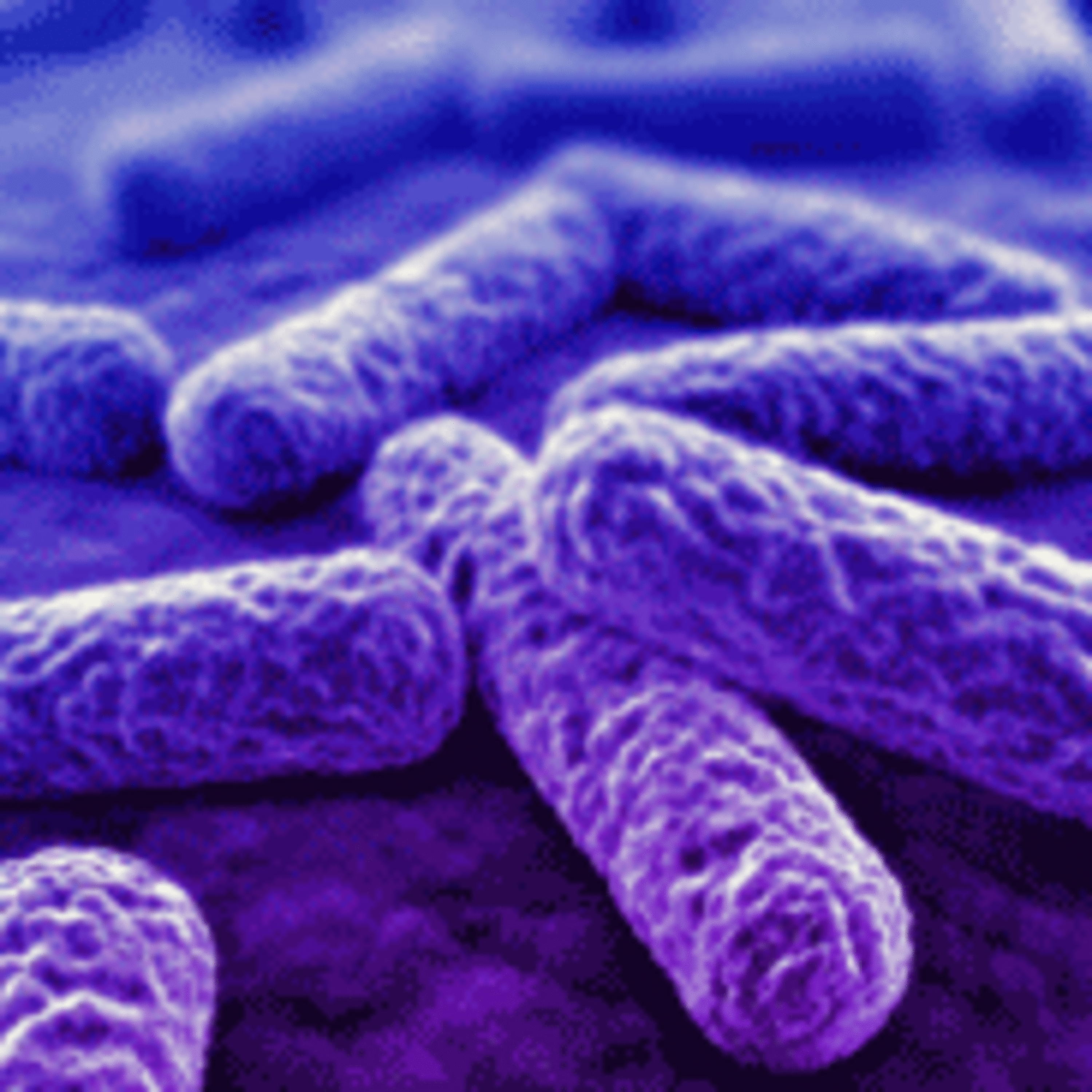
Microbe Talk
Microbiology Society
All episodes
Best episodes
Top 10 Microbe Talk Episodes
Goodpods has curated a list of the 10 best Microbe Talk episodes, ranked by the number of listens and likes each episode have garnered from our listeners. If you are listening to Microbe Talk for the first time, there's no better place to start than with one of these standout episodes. If you are a fan of the show, vote for your favorite Microbe Talk episode by adding your comments to the episode page.

Forensic Microbiology Part 1: Microbes of Death
Microbe Talk
07/23/15 • 19 min
In part one, we’re exploring the microbes of death and decay – and how they can be used by forensic scientists to work out when and how someone has died.
We spoke to writer Mo Costandi about his recent experiences visiting body farms in Texas, where scientists study the process of decomposition. Mo wrote an article for the Wellcome Trust’s Mosaic on the subject (which is well worth reading), so we asked him to the Society’s offices to find out more about what happens to our bodies after we die.
We also hear from forensic scientist Dr Gulnaz Javan, who is conducting research into the “thanatomicrobiome”, or microbes of death, at one of these facilities. Gulnaz and her team take samples from cadavers and the surrounding soil in order to study the microbial communities present at different stages of decomposition. She talked to us about a recent paper from her group that discusses their early findings.
This episode contains descriptions of decomposing human corpses.
Image credit: Mo Costandi
Music: Chris Zabriskie under CC BY 4.0
Sound effects: “BunchOfFlies” by HerbertBoland under CC BY 3.0, “Countryside in Texas, insects and birds” by felix.blume under CC0 1.0

07/03/15 • 9 min
Private Ernest Cable was a WW1 soldier who died on 13 March 1915 and his body now lies in a communal cemetery in Wimereux, France.
Records suggest that Cable was the first British soldier in WW1 to die from dysentery - an intestinal diarrhoeal infection, caused by Shigella flexneri bacteria. Today, a sample of the very Shigella which infected and killed Cable can be found at the National Collection of Type Cultures (NCTC), where it is helping researchers to understand the evolution of drug resistance.
The NCTC is part of Public Health England's Culture Collections, which includes thousands of strains of bacteria, viruses and fungi. We spoke to Julie Russell, Head of Culture Collections, about some of the more unusual historical strains housed there, and the role that they continue to play in the fight against disease.
Image: Wimereux Communal Cemetery
Image credit: Wernervc on Wikimedia Commons under CC-BY-SA-3.0

Microbe Talk Extra: Something in the water
Microbe Talk
09/03/15 • 7 min
Is this something we should be concerned about? And is it driving the evolution of resistance?
In this Microbe Talk Extra, we spoke to Dr Will Gaze from the University of Exeter Medical School about antimicrobial resistance in the environment, and his lab's research on water treatment plants, coastal waters, and surfers' bums.
Show more best episodes

Show more best episodes
FAQ
How many episodes does Microbe Talk have?
Microbe Talk currently has 175 episodes available.
What topics does Microbe Talk cover?
The podcast is about Microbiology, Natural Sciences, Podcasts and Science.
What is the most popular episode on Microbe Talk?
The episode title 'Microbiology Today: Arboviruses and their Vectors' is the most popular.
What is the average episode length on Microbe Talk?
The average episode length on Microbe Talk is 19 minutes.
How often are episodes of Microbe Talk released?
Episodes of Microbe Talk are typically released every 22 days, 17 hours.
When was the first episode of Microbe Talk?
The first episode of Microbe Talk was released on Feb 27, 2012.
Show more FAQ

Show more FAQ






